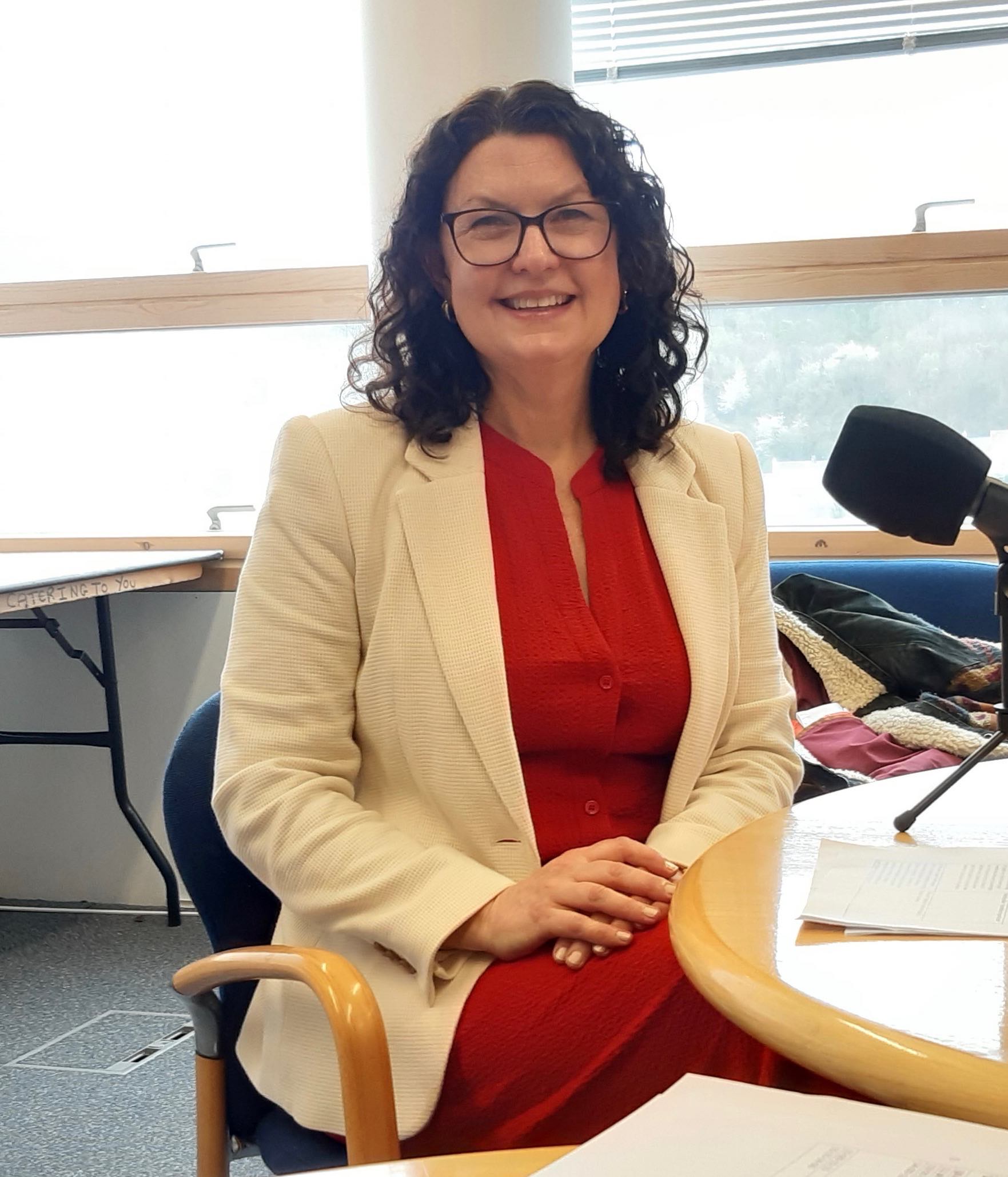Dr Lorelei Jones
Senior Lecturer in Health Sciences (Healthcare Organisation & Governance)

Overview
I am a medical anthropologist interested in organisation, professions and care practices.
My research is on the social organisation of healthcare, including:
- The quality and safety of hospital care
- Medical leadership, innovation and organisational change
- Systems leadership, collaboration and integrated care
- Policy implementation and evaluation
My research is multidisciplinary and translational (theory into practice). I work with the Betsi Cadwaladr University Health Board to develop healthcare professionals and services in North Wales and contribute to international learning.
I am a Fellow of the Royal Anthropological Institute, a Fellow of the Higher Education Academy, an executive member of the Society for Studies in Organising Healthcare, and a member of the Scientific Committee for the international conference on Organisational Behaviour in Health Care. I am on the editorial board of the International Journal of Health Governance, and the Journal of Health Organisation and Management.
Welsh Crucible Future Research Leaders Fellow
Blogs
Anthropology, healthcare, and healthcare improvement
Why social science can help us better understand organisational change in healthcare
Governments want healthcare staff to change patients' behaviour - but that's unlikely to work
Research
Current projects:
(i) The Response Study
Study funded by the NIHR evaluating the implementation of the Patient Safety Incident Response Framework.
Overall Research Aim: To explore the implementation of a new national patient safety policy, the Patient Safety Incident Response Framework (PSIRF), within the English NHS across the multiple layers of the regulatory and health service context, to understand how to support future patient safety policy development and implementation.
Background: Large numbers of patients continue to be harmed as a result of safety incidents, and current approaches to responding to and learning from safety incidents are increasingly questioned for their effectiveness in reducing harm. Many types of incident are frequently repeated across the NHS and organisations struggle to implement policies to improve safety and share learning. As a result, NHS England is launching a new national policy framework (PSIRF) that has far-reaching implications at all levels of healthcare by seeking to create incident response and learning processes that are more proactive, proportionate, flexible, learning-focused, equitable and fair. The launch of PSIRF offers a unique opportunity to explore and learn from the real-time implementation of a new national patient safety policy, including the logics and objectives underlying the policy, how the policy is interpreted and enacted across a range of stakeholder groups, what the policy changes and improves, and what lessons might be learned for future policy design and implementation.
Methods: This multilevel, mixed-methods evaluation will explore PSIRF implementation nationally with a longitudinal survey and documentary analysis, and organisationally through in-depth ethnography at six case study organisations from three NHS regions.
(ii) How do chief medical officers understand, experience and carry out new system leadership roles (ICS CMO) and what impact do they have?
Research funded by the Faculty of Medical Leadership and Management
Read our first publication here:
Role of medical leaders in integrated care systems: What can be learnt from previous research?
(ii) Evaluation of General Dental Services Reform in Wales
Funded by Welsh Government
System reform in NHS general dental services in Wales aims to embed needs-led and value-based healthcare principles in dental care delivery. The key policy objectives are to:
- Improve the oral health of the population
- Address persistent inequalities in health and access to dental services
- Sustain, develop, and value clinical teams
- Make efficient use of available resources by increasing the use of skill mix
The GDS reform programme is based on action-learning. Learning from the evaluation will be used for future policy development and implementation.
The evaluation is based on the principles of public value evaluation. Data collection and analysis, incorporating literature reviews, document analysis, qualitative interviews, visual ethnography, and vignettes, have elicited the views and experiences of multiple stakeholders at different levels in the system:
- national policy teams
- local health board teams
- dental practice teams
- NHS dental patients and members of the public
The aim of the current phase of the evaluation is to (April 2022 – September 2023) is to capture learning in three areas: development and implementation in practice; innovation and improvement; recovery and adaptation.
Evaluation of GDS reform website
Contact Info
lorelei.jones@bangor.ac.uk
Research outputs (46)
- Published
Patient-activated escalation in hospital: patients and their families are ready!
Research output: Contribution to journal › Editorial › peer-review
- Published
Evaluation of the NHS General Dental Services Contract Reform Programme in Wales
Research output: Book/Report › Commissioned report › peer-review
- E-pub ahead of print
Governing health care: the uses and limits of governmentality in the National Health Service in England
Research output: Contribution to journal › Article › peer-review
Prof. activities and awards (2)
Health and Care Research Summer School
Activity: Participating in or organising an event › Participation in Academic workshop, seminar, course
Advanced approaches to creating a learning culture
Activity: Participating in or organising an event › Participation in Academic workshop, seminar, course

